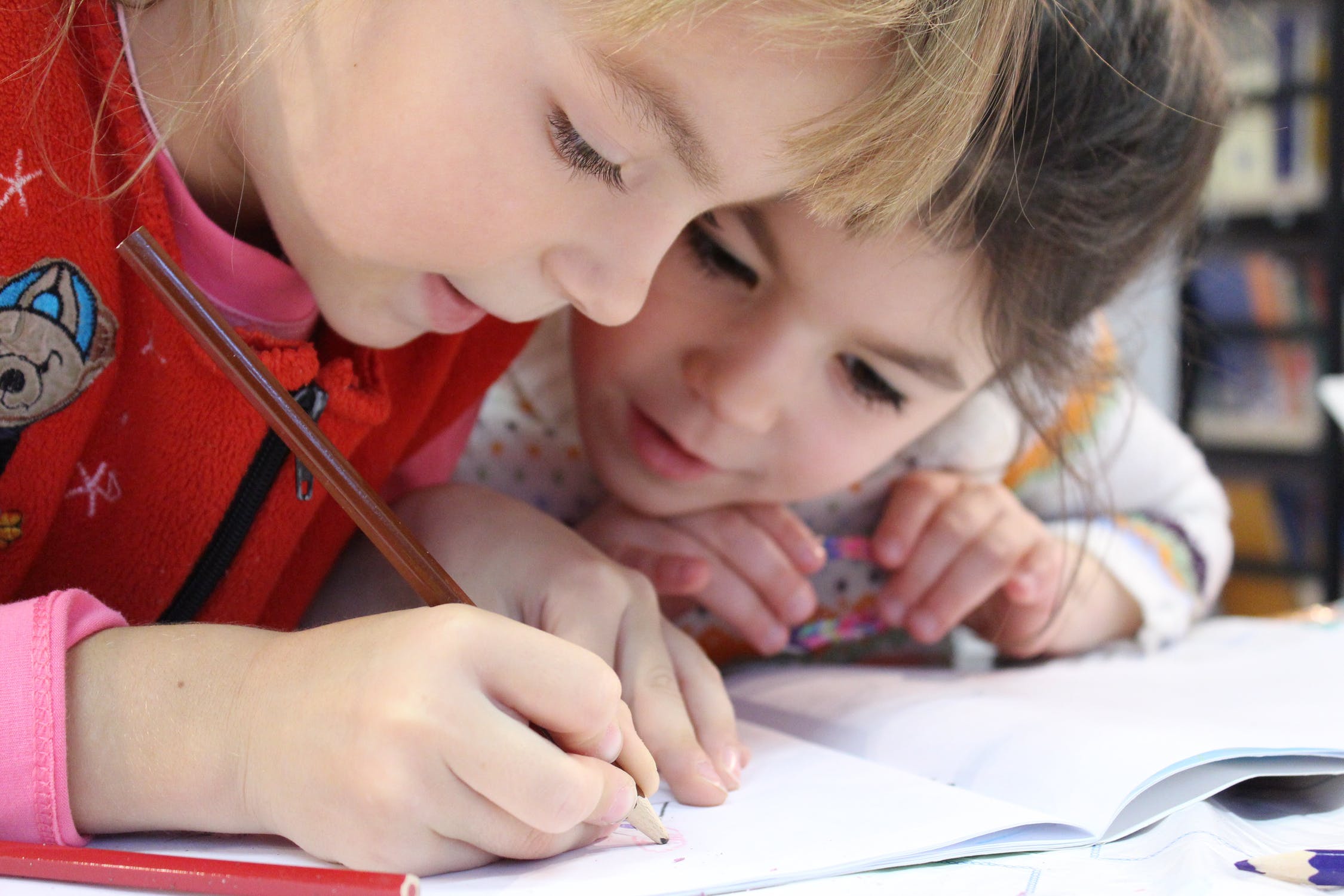
Before you see the common signs of learning disabilities, you need to understand what a learning disability is. Essentially, it refers to a long list of conditions that impair your child’s ability to learn. As you can imagine, this includes a range of different disabilities affecting them in various ways.
Now, all parents should care about their child’s development. Learning disabilities make it difficult for a child to develop at the same pace as others. However, if you learn how to identify them from a young age, you’re able to get help for your child. In turn, this lets them develop at a faster rate than they otherwise would.
Enough chit-chat, here are three common signs your child might have learning difficulties:
Difficulty reading or writing
This is an obvious one to start with. If your child is having difficulties reading or writing, they might have dyslexia. This is a common learning disability that can easily be treated. Things like dyslexia books or special reading rulers help dyslexic children learn how to read and write. If you don’t take action, your child will end up being held back a few years as they are too far behind in their development. Try reading with your child or getting them to write for you. If it seems like they struggle more than other children their age, they might have an issue.
Very poor concentration
Generally, children have tiny attention spans. Any parent that’s ever helped a child with their homework – or homeschooled them – will know how hard it is to keep their attention. So, this common sign is hard to spot as regular children can have poor concentration. However, if your child can’t sit still for more than a few seconds, and their mind is never on the task at hand, they could have ADHD. This stands for attention deficit hyperactivity disorder. In short, your child has lots of energy and never sits still or concentrates. You can see how this hampers their learning and development. Again, you can treat this disability and calm these symptoms. It’s very much a neurological disorder, meaning you’ll likely need behavioral counseling to help your child improve their concentration.
Excessive clumsiness
Again, all kids are clumsy. But, if yours is excessively clumsy and struggles with regular tasks, they may have a learning disability. More specifically, they might have dyspraxia. This is often referred to as a motor-learning disability as it affects your child’s motor skills. They drop things all the time, they trip over, and they generally struggle with normal tasks. It impacts their development as it inhibits school performance. Treating this usually consists of occupational therapy and specific motor skill drills.
A child can’t help being born with a learning disability. So, it’s important to not get frustrated with your child if you feel like they aren’t doing well with their learning. Keep an eye on these common signs that tell you if your child has a disability or not. Remember, the sooner you spot this, the sooner you can help them.


